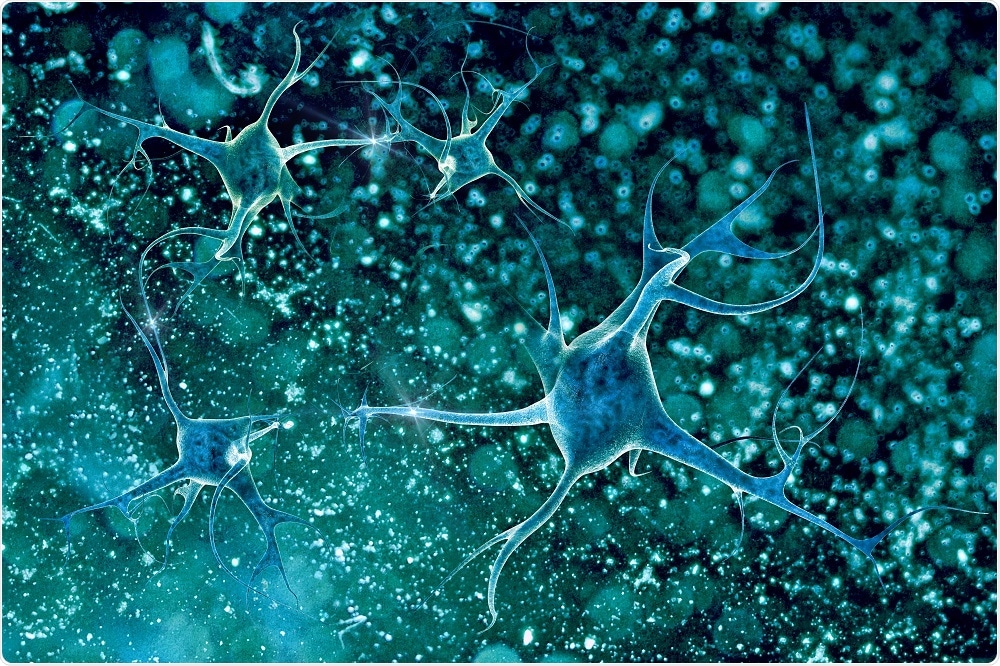Scientists at the Institute for Research in Biomedicine in Barcelona have described a new function for the protein NEK7 as a regulator of neuron formation.
 Image Credit: vitstudio / Shutterstock
Image Credit: vitstudio / Shutterstock
The study, which has recently been published in the journal Nature Communications, found that the NEK7 protein is needed for the growth and branching of dendrites, as well as the formation and shaping of dendritic spines.
Scientists already know that NEK7 is a regulator of microtubules and centrosomes during cell division (mitosis).
These structures aid the separation of chromosomes during cell division and extensive studies of mitosis have led to the identification of many microtubule regulators.
This has helped researchers develop drugs that can target microtubules and their protein regulators as an approach to fighting cancer.
However, little investigation has been carried out into fact that microtubules also play other key roles in post-mitotic differentiated cells such as nerve cells.
Study leader Jens Lüders and collaborators from University of Barcelona and the Molecular Biology Institute of Barcelona (IBMB-CSIC) have now demonstrated that NEK7 is required for the formation of neurons in the hippocampus – the brain area that plays a major role in forming memories.
Using in vitro and in vivo models, the researchers showed that reducing the concentration of NEK7 led to improperly formed dendrites that were abnormally short and had fewer and incorrectly formed synaptic structures.
The study showed that dividing cells may share more microtubule regulators than has previously been thought.
When the researchers carried out genome-wide microarray analysis of neurons undergoing differentiation in culture, they found that mitotic microtubule regulators are strongly upregulated in the differentiating neurons.
It is of great importance to explore this premise, since not only will it lead to a better understanding of the function of the microtubule network in neurons but it might also help to predict cancer drug side effects.”
Francisco Freixo, First Author
For example, microtubules help define the shape of neurons and provide the “tracks” that neurotransmitters and many organelles can move along over long distances.
Lüders says it is “not surprising that some chemotherapeutic agents that affect microtubule functions in mitotic cells also have severe side effects in the nervous system.”
The team says that as well as understanding the potential side effects of chemotherapies that target cell division, it is essential to gain a better understanding of the microtubule regulators found in neurons and to identify what they do, when and how they operate, and what happens when they are not present or when they are misregulated.